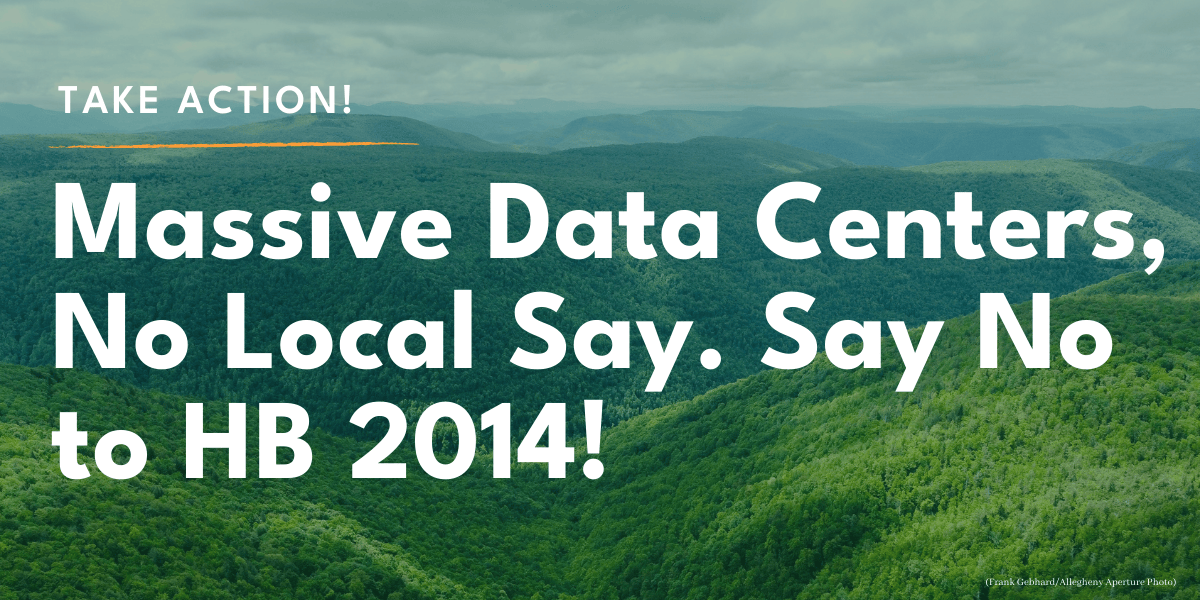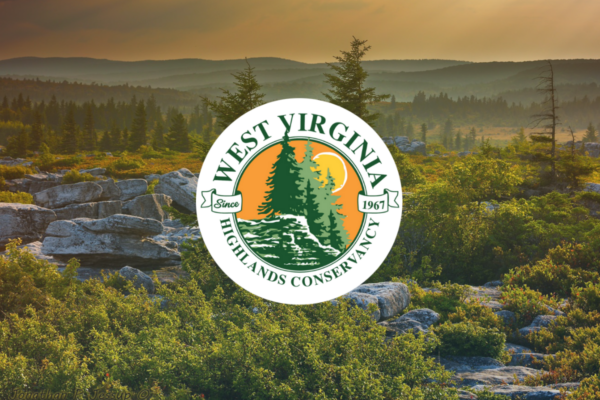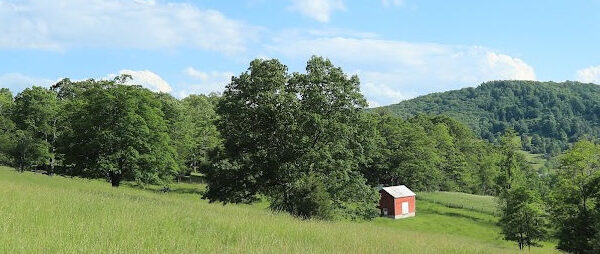This week, the West Virginia Highlands Conservancy caught wind of a major natural gas fired power plant in the works—likely tied to a data center—that’s set to land just north of Davis. Local and county officials have been caught off guard by the scale of this plan, which could radically reshape one of our beautiful mountain communities.
We learned of this proposal through an air quality permit submitted to the West Virginia Department of Environmental Protection, which outlines the facility’s massive size, emissions, and planned 24/7 operations.
Data centers are vast facilities filled with computer servers that require immense electricity to run and stay cool, making them some of the heaviest energy consumers on the planet. Tucker County’s proposed project could be even more powerful than Mount Storm Power Plant. Equally concerning is the toll it would take on our natural resources—this facility’s colossal demand for natural gas and massive diesel backup would emit pollutants like CO₂, NOx, and other toxins that threaten our health.
To make matters worse, the West Virginia House of Delegates just passed House Bill 2014 on April 1, and it’s on its way to the Senate. If approved, this bill would effectively remove any meaningful local say in major developments like the Tucker County project. Specifically, the bill states they are not subject to any “county or municipal zoning, horticultural, noise, viewshed, lighting, development, or land use ordinances, restrictions, limitations, or approvals.” It’s outrageous to think of losing what little authority our communities still have—especially when an undertaking of this magnitude can so deeply affect our environment, our tourism, economy, and our daily lives.
HB 2014 places no limits on the water that may be extracted or used for these facilities. We have seen water concerns raised in neighboring Virginia, where some data centers are using upwards of 1 million gallons of water a day. Just last summer, the city of Thomas experienced severe drought conditions, placing the town under an extended boil water advisory and posing major challenges for local businesses.
To make matters worse, HB 2014 will raise electricity bills by forcing utilities to stockpile coal, keep uneconomic coal plants open until 2040, and operate them at 69& capacity factor—a level no current West Virginia plant achieves. This bill would also allow automatic rate hikes, with no accountability to ratepayers.
On top of that, HB 2014 would divert millions of dollars of property tax revenue away from local schools, fire departments, and essential services.
Without proper oversight, a 500-acre power plant and data center could impose heavy construction, nonstop noise, and glaring light pollution on areas near Blackwater Falls State Park, Dolly Sods Wilderness and the Canaan Valley National Wildlife Refuge. Local leaders who should be involved from the outset have been left in the dark. And now, if HB 2014 becomes law, that lack of transparency could become the new normal across West Virginia.
There are two things you can do to help. First, contact your state senator right away and urge them to oppose or amend HB 2014. Emphasize that it stifles local input on projects that can profoundly impact our land and our people. Second, help spread the word: share this message with your friends, your family, and your broader community networks. We need to stand together and make sure folks understand what’s at stake for Tucker County—and for the rest of our state.
We’re counting on your support to protect what we love about West Virginia’s highlands. Our mountains, valleys, and small-town way of life shouldn’t be upended without our voices in the conversation.
Learn more about data centers:
- HB 2014 Would Preempt Local Control; Divert Millions Annually in Local Property Tax Revenue for Schools and Public Safety to Fund Income Tax Cuts
- Managing the Growing Energy Demands of Datacenters and Cryto Mining (Earthjustice)
- The surging demand for data is guzzling Virginia’s water (Grist)
- States rethink data centers as ‘electricity hogs’ strain the grid (Stateline)
- Data Centers Demand a Massive Amount of Energy. Here’s How Some States Are Tackling the Industry’s Impact (ProPublica)
- As Illinois’ Governor Recruits Data Centers, Chicagoans’ Electricity Bills Are Getting More Expensive (Inside Climate News)





Comments(5)
Saundra K.Goss says:
April 4, 2025 at 9:28 pmI’m very upset that this type of development needs to be transparent as well as having community feedback.
clare says:
April 6, 2025 at 10:41 amI am a no vote on this. Will contact state senator and representative.
Debi Walker says:
April 8, 2025 at 11:42 amPlease not Davis !!!! Somewhere else
Mary says:
April 8, 2025 at 12:46 pmTotally opposed to such a proposal. Save our environment.
John Koutze says:
April 14, 2025 at 4:37 amThis is really distressing. I first came to know Dolly sides in the mid 80s, and Canaan Valley for cross country skiing. Although I’ve been to Alaska, Montana and Europe and even Africa, Dolly side is my backyard so to speak, I have introduced many people through backpacking and the Potomac Appalachian Trail club. To this little piece of paradise on earth. I am already contacting everyone I can think of to get them to comment as I am doing now. I really can’t believe that such an abomination is being planned for that area. Thank you.